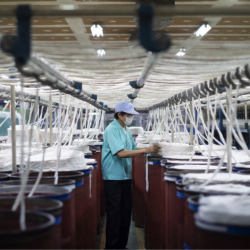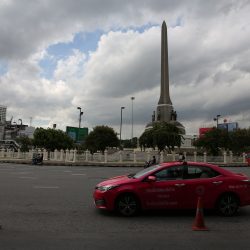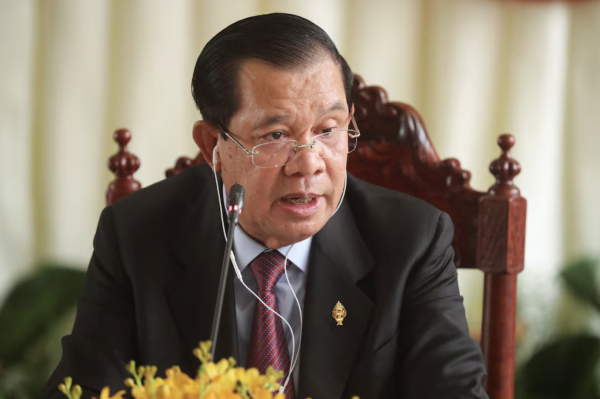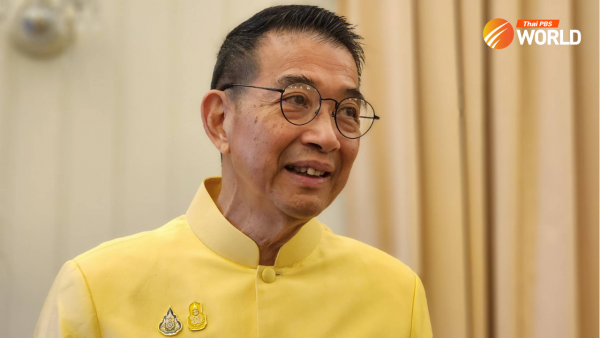Op-Ed: Global Britain wooing Asean
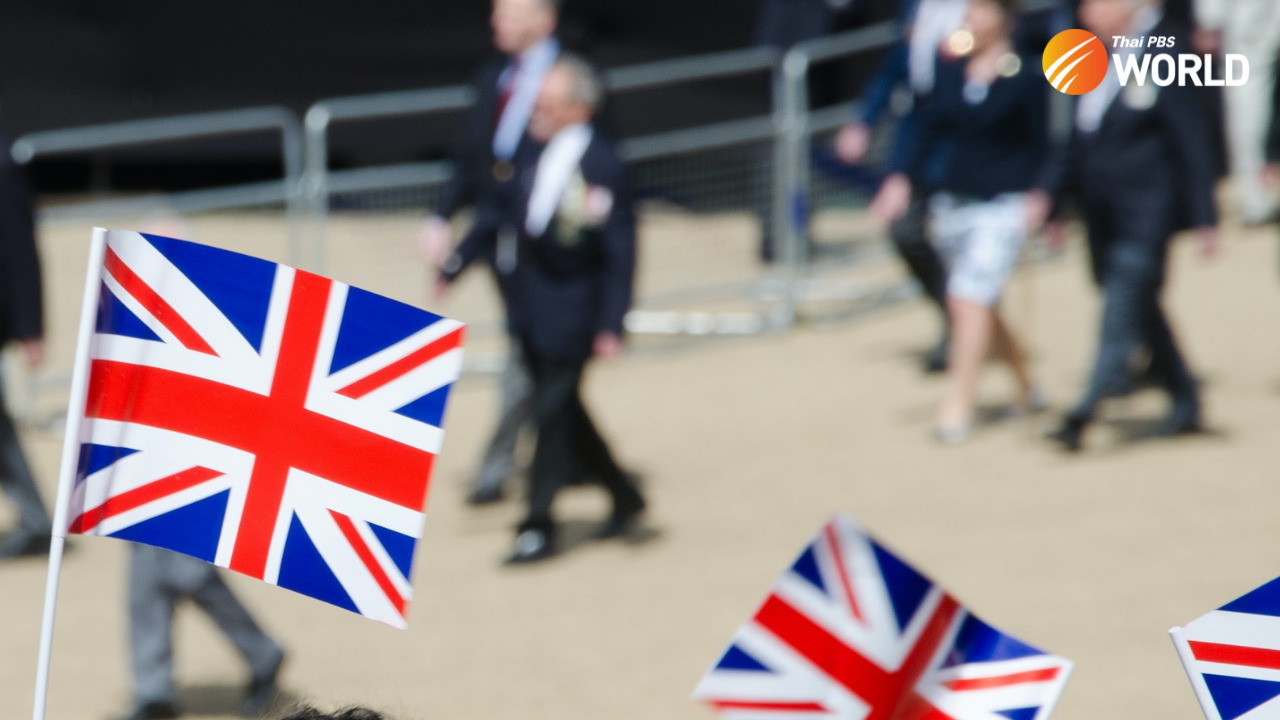
Make no mistake, when the UK decides to display its maritime power, the right place to show off is the South China Sea. It is the center of regional concern that has involved so many major powers. Therefore, it comes as no surprise that London would choose it at this juncture.
It is interesting that the editorial run by The Observer newspaper about the British sailing was critical of the government. It feared that the HMS Queen Elizabeth could court confrontation in the disputed maritime zone. Despite good intentions, things can go wrong. At the moment, the zone is relatively calm as China and Asean are negotiating the code of conduct in the South China Sea. British Defence Secretary Ben Wallace said that the aim was to “fly the flag for Global Britain.” But too many aircraft carriers sailing on the high seas could jam the seas lanes of communications and lead to unexpected confrontations. Under this kind of tense situation, accidents cannot be discounted.
In pursuing its new strategy of focusing on the Indo-Pacific, the UK has specifically chosen the period when the Asean foreign ministers are holding a week-long virtual conference (Aug 2-7) both among them and with their dialogue partners. Unfortunately, most of the UK media only concentrated on the crisis in Myanmar.
After Brexit, London was very eager to reach out to ASEAN for practical reasons both in terms of economic and security areas. First of all, ASEAN is a community of 654 million people, much bigger than the European Union. This will be a huge market to replace what has been lost on the continent. In addition, London is also eyeing two free-trade pacts that involve the world’s most dynamic East Asian economies. The UK application for the Comprehensive and Special Trans-Pacific Partnership is under consideration by the Japan-led commission.
There is no doubt that the UK will sign up for the pact in the near future. It is only a matter of time before the UK uses its presence and influence to move into the broader regional trade regime. The conclusion of the Regional Comprehensive Economic Cooperation Pact last year has necessitated a prompt policy shift from the Atlantic to this part of the world.
But to enhance engagement with Asia, ASEAN is the key that will open the door for the UK’s waning influence in the world. Although the legacy of British colonialism is still fresh in the memories of people in the region, they welcome the UK back to the fold. This helps explain why the UK will be accorded the status of the 11th dialogue partner of Asean soon this week. It is a very special case that will not be replicated in the future. ASEAN is maintaining the moratorium that has been in place since 1990.
Of course, other countries on the long list of potential dialogue partners will not be happy. The UK signed the Treaty of Amity and Cooperation in 2012, which focuses on pacifist dialogue, non-inference, and non-use of forces. What is sad about the UK new adventure in ASEAN is that it has not been reported or properly analyzed. The English media continues to belittle ASEAN. They had better get real.
The maritime power-show aside, the UK security role is still a work in progress. However, it must be hoped that “Global Britain” will be more humble and less arrogant. Otherwise, the UK’s power and influence would a hollow one.
by Kavi Chongkittavorn

